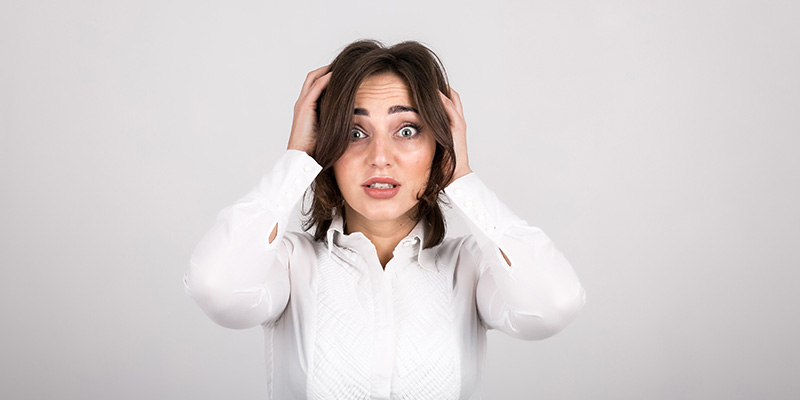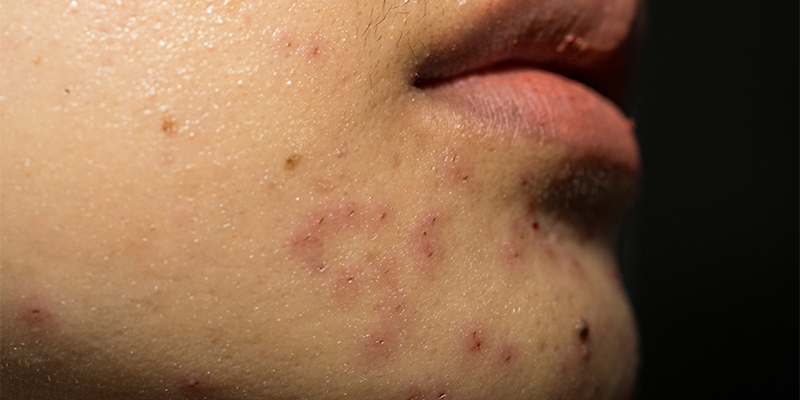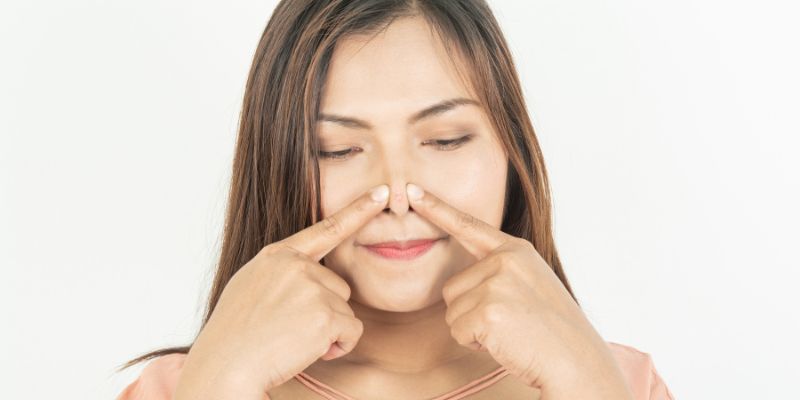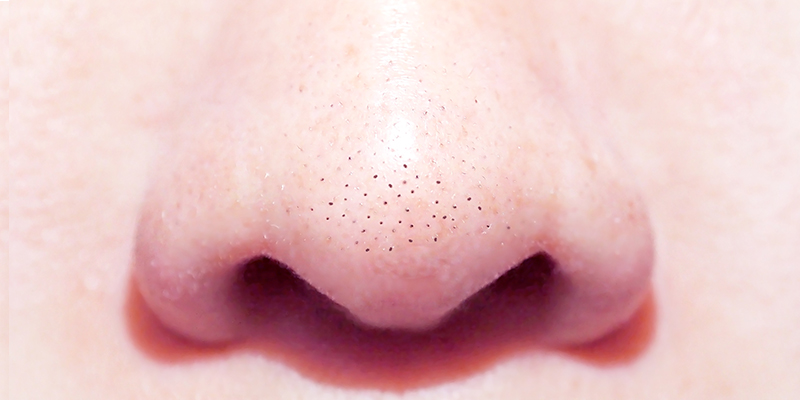In This Article
How To Get Rid Of Acne Fast?
Are you getting pimples frequently and no home remedy seems to be working for you? Do you want to know about how to get rid of pimples fast? Worry no more! Read on to know about the causes and treatments for pimples. Also, learn about skin-care tips that can help you with effective acne management.
In This Article
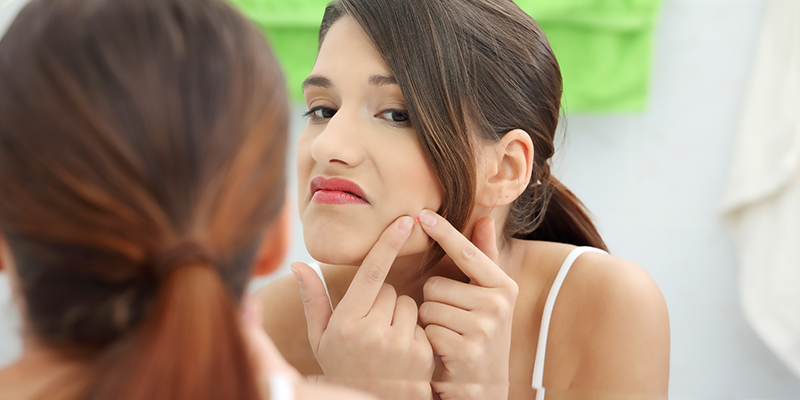
What Is A Pimple & How Does It Form?
Pimples are a form of skin inflammation that occurs when the build-up of dead skin cells and excess natural oil lead to the clogging of pores. Read the next section to know more about the significant triggers that result in breakouts.
What Causes Pimples?
Here are some of the common reasons for the appearance of acne.
- Build-Up Of Dead Skin Cells: The skin sheds dead cells regularly. However, if the dead cells accumulate and clog pores, they can lead to breakouts.
- Increased Bacterial Activity: Clogged pores that contain dead skin cells and dirt create a breeding ground for the P.acnes bacteria to grow. These bacteria multiply and initiate an inflammatory response that includes redness and swelling associated with pimples.
- Excess Oil Production: People with oily skin tend to produce more sebum than others and are prone to having acne. Besides, use of wrong skin-care products and hormonal changes are some common triggers that can stimulate the sebaceous glands to produce excess oil and result in pimples.
- Side-Effects Of Medications: Specific medications like anabolic steroids, anti-depressants, high dose hormonal pills, topical steroid abuse can trigger breakouts as a side-effect. Reducing the intake of these medications may help curb acne flare-up.
- Hormonal Conditions: Acne or pimple could be a sign of underlying hormonal issues like PCOS (Polycystic ovarian syndrome), thyroid and adrenal disorder. Hormonal fluctuations during puberty, menstruation and pregnancy also lead to breakouts.
- Stress: High-stress levels trigger the production of specific hormones that lead to excess sebum production. If you lead a stressful lifestyle, then you are at an increased risk of having acne.
If you have breakouts, learn about the signs you need to watch out for to understand the severity of the condition.
Must Read: What Causes Acne Outbreaks In Adults?
Mild Vs Moderate Vs Severe Pimples: Know The Difference
Here is how you can identify whether you have mild, moderate or severe acne.
-
Mild Pimples
It includes non-inflammatory acne with no accompanying redness. It may manifest in the following forms:
- Whiteheads: Also known as closed comedones, these white bumps appear when the clogged pore openings remain closed at the top. They are often challenging to treat and appear mostly on the nose, chin, cheeks and forehead.
- Blackheads: Also known as open comedones, these occur when the top of a clogged pore remains open and appears black due to atmospheric oxidation. These may occur anywhere on the face but are most noticeable on the nose and cheeks.
Must Watch:
-
Moderate Pimples:
It usually includes occasional bouts of inflammatory acne that is red and painful. It may cause scarring or post-inflammatory hyperpigmentation if left untreated. They may appear as the following:
- Papules: These refer to raised hard pimples that occur due to inflammation of skin pores. They may be skin or red-coloured. They are tender to touch and mostly appear on the nose, chin and cheeks.
- Pustules: These pimples occur when white blood cells infiltrate the walls around the clogged pore after inflammation due to the proliferation of bacteria. These elevated pus-filled pimples often have a yellow or white top.
-
Severe Pimples:
These pimples affect deeper tissue and can result in permanent scars. You cannot treat this form of pimples at home and need to seek medical help to get rid of them. These usually include the following If you suffer from any form of acne, read on to know the treatments you may try.
- Nodules: They are a form of severe pimples that have a firm consistency. Nodules occur when the infection goes deep in the pore, and it grows large.
- Cysts: These large bumps occur deep within the skin and are often painful to the touch. They are softer in consistency as compared to nodules.
Must Read: How To Treat Cystic Acne On Face?
How To Get Rid Of Pimples?
If you are looking for a permanent solution to get rid of pimples, here are the different treatments options you can explore.
-
Using Over-The-Counter Medications:
For some of us, this may be the first line of treatment for getting rid of pimples. Some popular over-the-counter medications for pimples include the following:
- Topical Applications For Acne: It could be in the form of gels, creams, face-washes and ointments that contain active ingredients like azelaic acid, retinoids, benzoyl peroxide and clindamycin.
- Oral medications: The commonly used ones are antibiotics and oral retinoids.
Although, the above medicines are available OTC, it is advisable to use them under the supervision of a doctor to attain the best results without any side-effects like skin discolouration and antibiotic resistance.
-
Medically Treating The Underlying Cause:
You may need to consult a medical professional to understand the underlying cause of your recurrent breakouts. A dermatologist can identify the root cause of your pimples by thoroughly analysing your skin type and the severity of your acne and recording your medical and family history, lifestyle and eating habits. The dermatologist will prescribe a treatment plan based on his diagnosis of the underlying cause. He may recommend hormonal therapy or other prescription-based acne medications to help you get rid of even the most stubborn acne and enjoy long-lasting satisfaction.
-
Opting For Advanced Aesthetic Treatments:
Professional procedural treatments performed by a certified dermatologist can minimise your pimples visibly and give you blemish-free skin. Top dermatologists recommend the following advanced treatments for reducing pimples:
- Chemical Peels: Doctors use different concentrations of plant-based extracts to exfoliate the dead skin cells and unclog the pores, reduce oil secretion and lighten the post-acne marks. The specialised treatment helps in skin rejuvenation by revealing the healthy layer of skin underneath.
- Light Therapy: Your doctor may recommend light therapy for effective acne management. He may use IPL and photodynamic therapy to get rid of blackheads, whiteheads and some moderate pimples.
-
Acne Scar Management:
Along with the above acne treatments your dermatologist may suggest the below adjunct procedures to reduce post-inflammatory hyperpigmentation and scars that occur as an aftermath of breakouts.
- Laser Treatment: It is a scientifically-backed method to safely and effectively reduce the different types of acne marks and scars. Doctors use the light energy of an optimal wavelength to stimulate collagen production and aid skin remodelling. It results in visible scar revision. Laser treatment for acne scars requires a few sessions to achieve optimal results.
- Fractional Micro-Needling Radiofrequency: Dermatologists perform collagen remodelling by releasing specialised radiofrequency waves into the scarred tissue using fine needles. It helps heat the dermal layer of the skin and improves the skin texture of the affected area. Now, that you know the treatments for both acne and its scars, it’s time to check out useful tips to prevent future breakouts.
-
Top Skin-Care Tips To Control Pimples
Along with the above treatments, your dermatologist may advise you to follow the below-mentioned skin-care tips to enjoy sustainable results and prevent pimples.
- Wash Your Face Twice A Day: Using a mild cleanser twice a day will help you remove the excess oil and the build-up of dirt and pollutants from your face. It will help prevent the clogging of your pores and keep pimples at bay.
- Use A Non-Comedogenic Moisturiser: Use a water-based moisturiser to boost the skin barrier and prevent inflammation. You can request your doctor to recommend skin-care products based on your skin type.
- Avoid Popping Pimples: Popping pimples is not an ideal quick-fix solution you should be trying to get rid of pimples as it can lead to permanent scars. It is advisable to resist the temptation.
- Protect Your Skin From Sun Damage: Do not forget to include a broad-spectrum sunscreen in your skin-care regimen to protect your acne-prone skin from the harmful rays of the sun that can worsen your post-acne marks. Remember, to consult an experienced dermatologist if the above tips are not working for you. With effective acne management by experienced medical experts, you can get ready to bid adieu to your breakouts forever!







